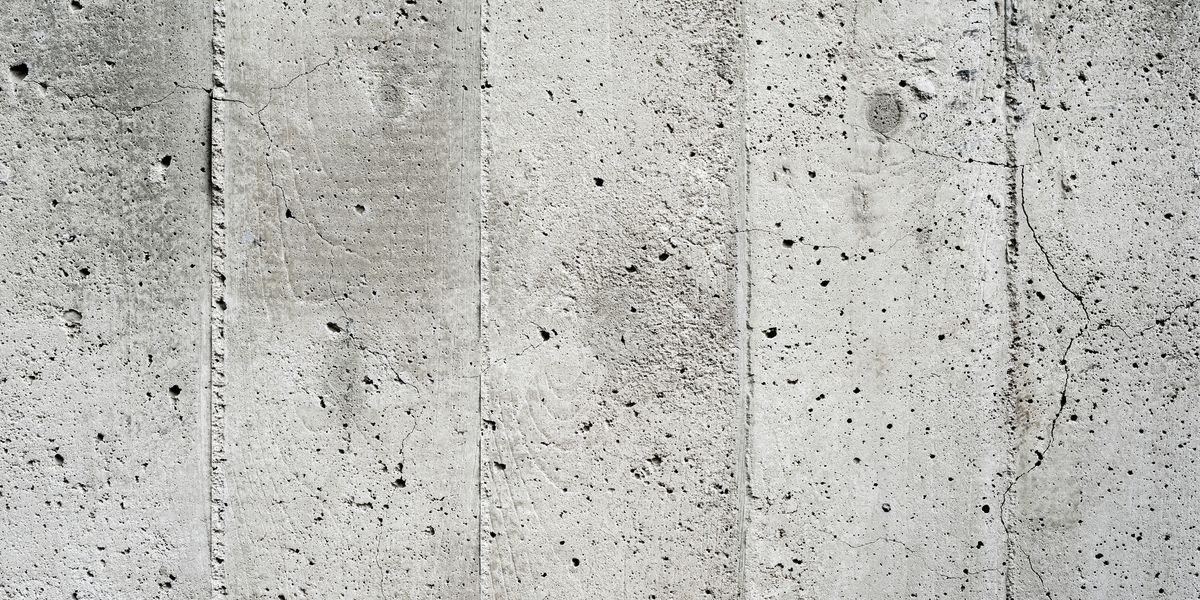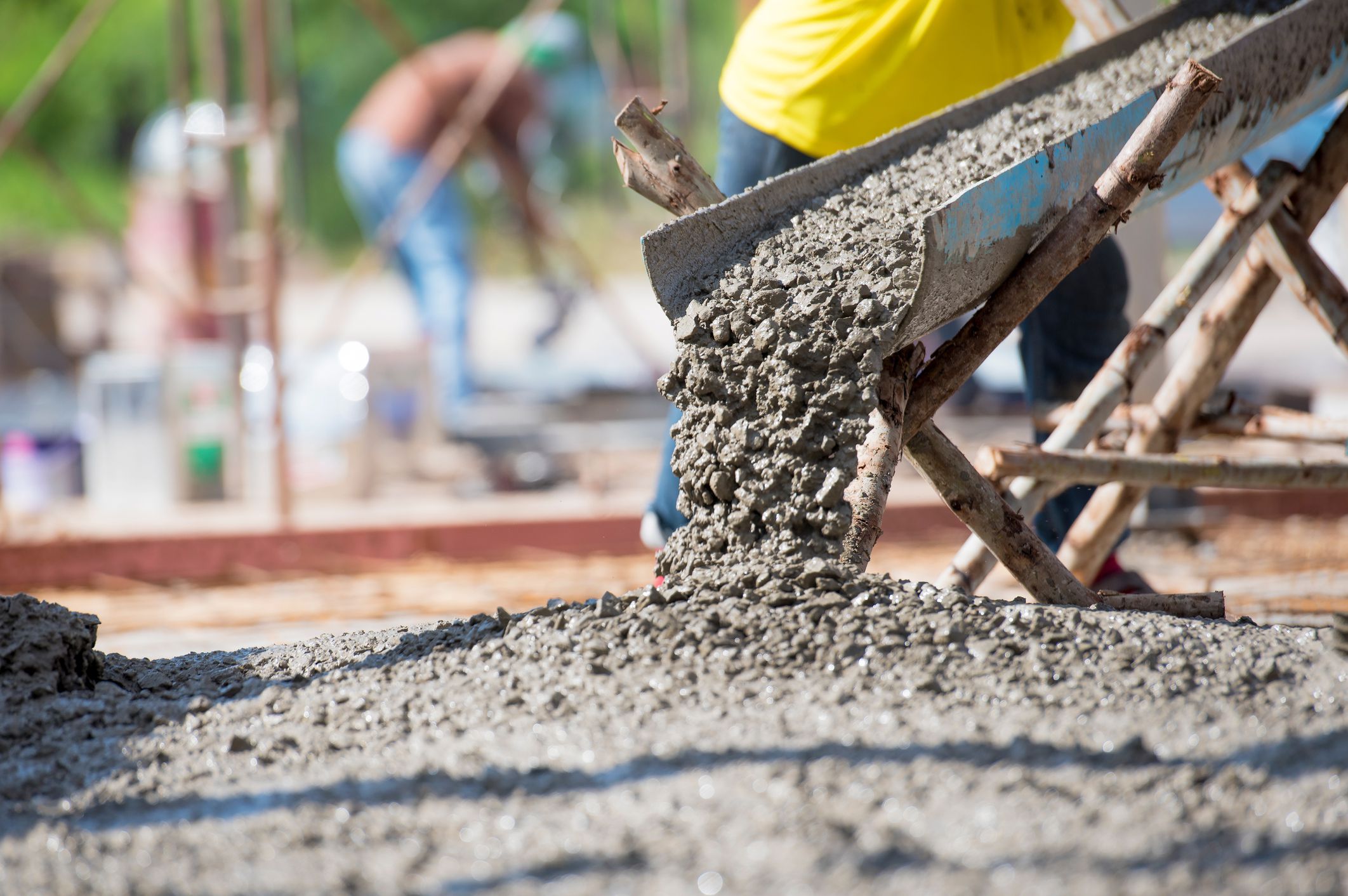When undertaking a construction project, regardless of how big or small it is, there are certain components that you need to take into consideration. The best way to do so is to prepare beforehand. Planning ahead makes it easier to have safety measures in place and ensures that you have all the right ingredients to building your perfect structure. While professionals most likely understand how this works, amateurs are often left to wonder in the dark. Therefore, this guide aims to help you find the right ingredients to your structure. Most likely, what you are building is something small or supervised by somebody with a better understanding of the vision you have in mind. However,if you want a dummy’s guide, this can help you out.
Cement Or Concrete?
It is surprising how many people still confuse the two. As opposed to the belief that one can be used in place of the other, concrete and cement have different properties that make them effective for some projects and not-so-great for others. Cement is actually a component of concrete; an ingredient that makes it stronger. Concrete is a mixture containing cement, water and aggregate (other stones and sands). It contains a foaming agent. You can find a foaming agent Malaysia in many things: from soaps to construction concrete mixes. A good foaming agent ensures that your cement is more stabilised, as it reduces surface tension.

The Different Uses
Cement can be used for paving and slabs alongside your home, however for the structure itself (this referring to the house) concrete is used. Concrete provides a strong and durable material for walling and floors, which is why it is a popular choice for housing and commercial construction. It is present in paving, school buildings and many other larger structures. Concrete is required to be clean. Any contamination can compromise its integrity. This includes the water, the aggregate and the cement. Cement, however, when it is not made to be mixed into cement mixture, can be used for several things, too, including pavement repairs.
How To Use Them
Concrete is a favourite because it is stronger. It lasts longer than cement alone which is prone to cracking and quick weathering. Concrete, as aforementioned, is a mixture of other sands that make it stronger and less prone to damage. Cement, however, is a cheaper alternative for smaller projects. With a good craftsman or handiwork, you can make it last and work well. Concrete is also waterproof making it a great material for structures in places prone to rainy weather. It is not always easy to tell the difference between concrete and cement, especially in its natural state. While professional workmen and those accustomed to working with the two are able to distinguish the two it is not the easiest for the unaccustomed naked eye. Consult with a specialist before making purchases.
